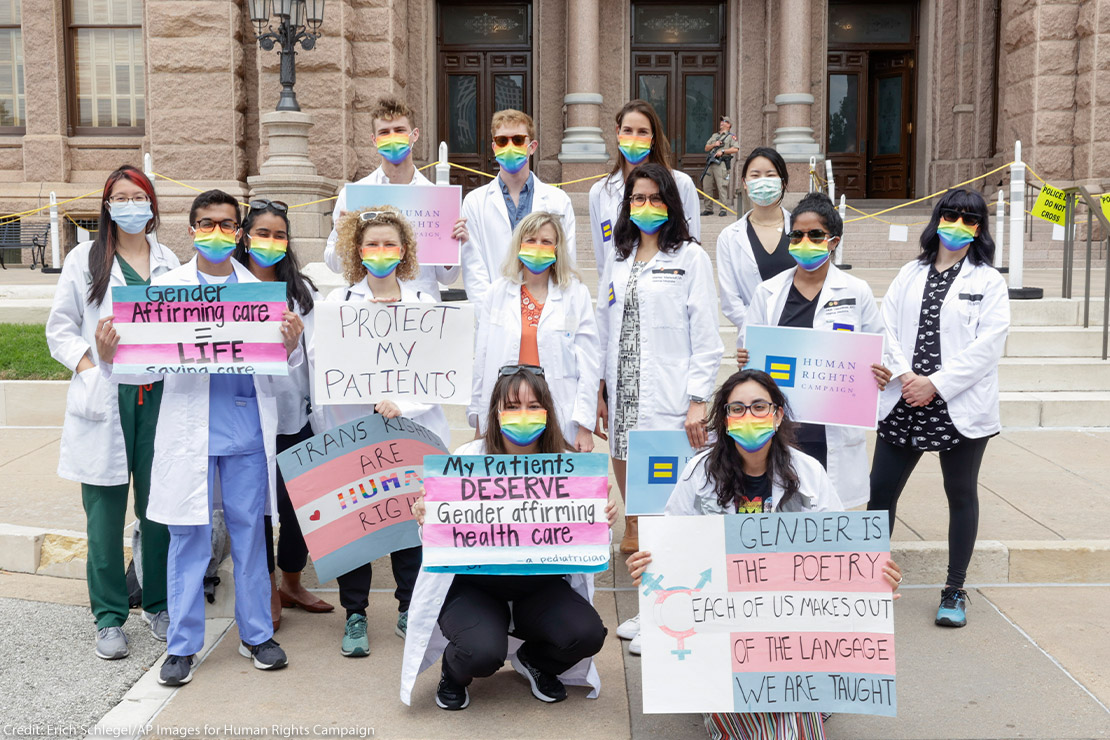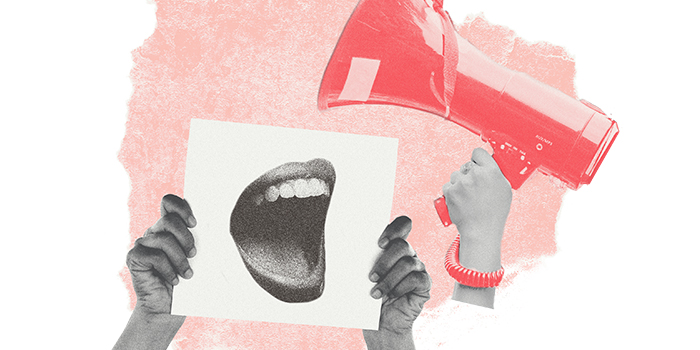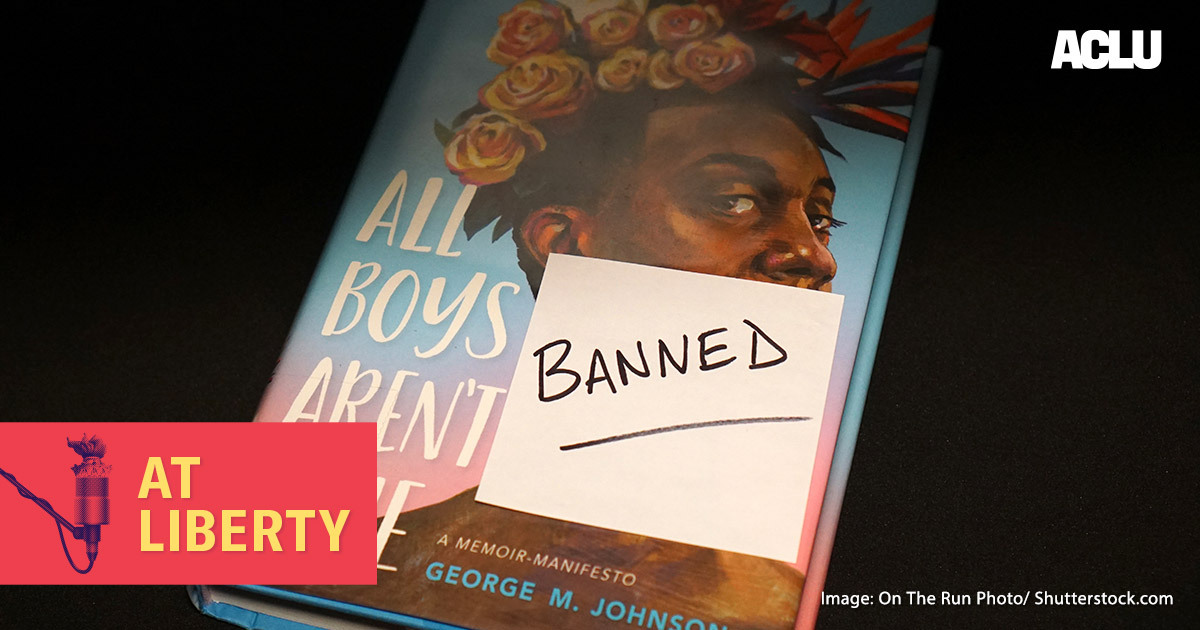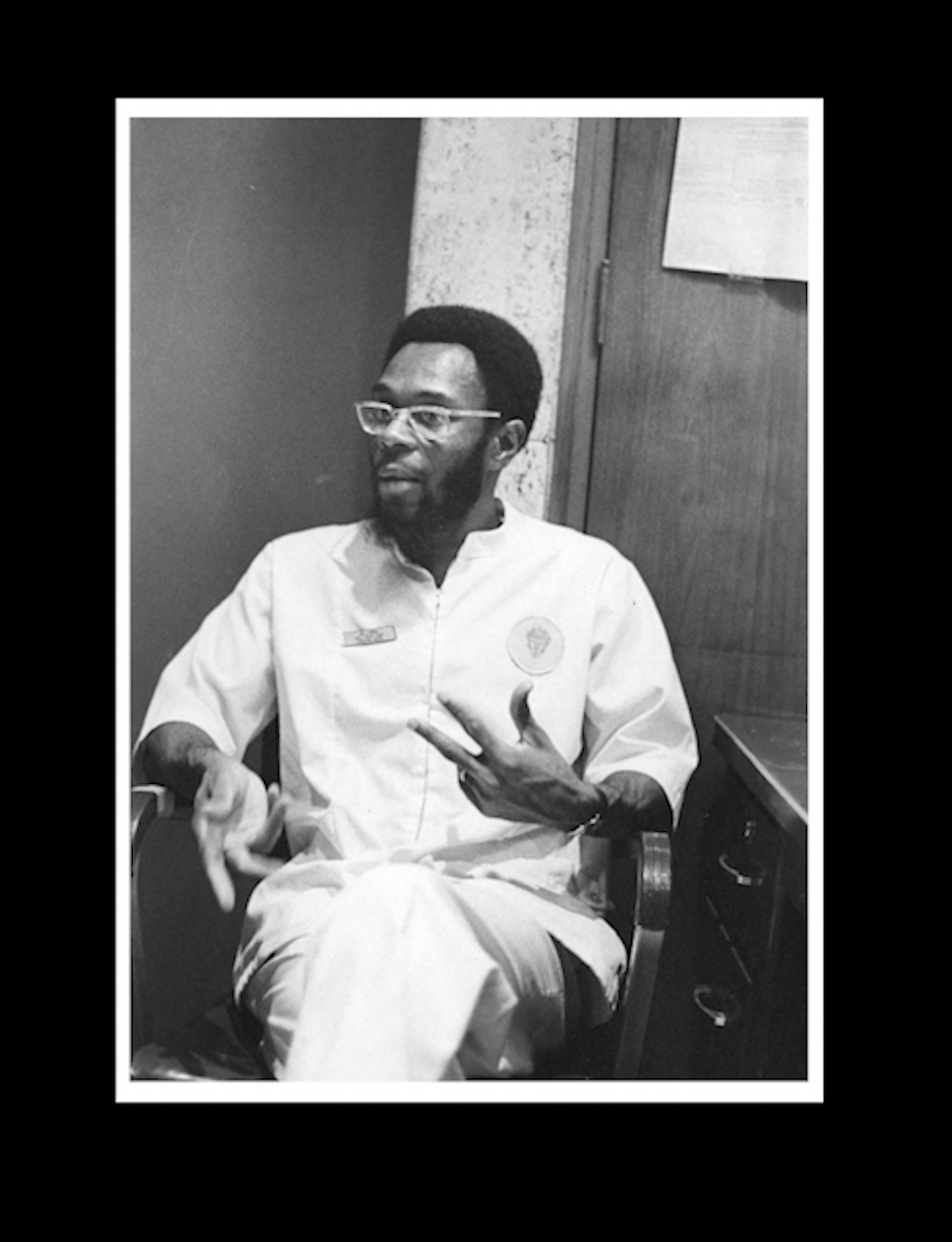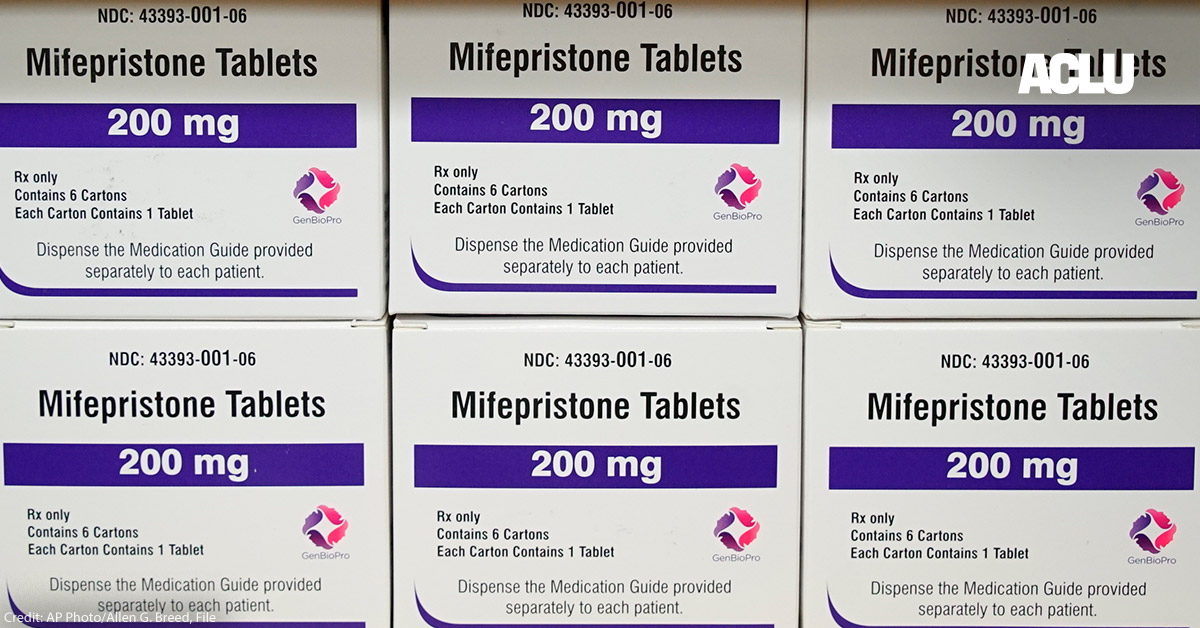On January 12, a tornado tore across central Alabama, including the historic city of Selma. Since then, community groups have been clearing roads and picking up the pieces from the damage. Simultaneously, the city is preparing for its annual Bridge Crossing Jubilee: a recognition of Bloody Sunday, the Selma-to-Montgomery march, and the passage of the Voting Rights Act.
As the ACLU of Alabama prepares for our annual trip to Selma to commemorate the historic bridge crossing on March 5, amidst such devastation in the city, I feel the immense tradition and history of Selma, a place where our elders accomplished so much to make voting rights possible. 58 years after the historic movement that led to the 1965 enactment of the Voting Rights Act (VRA) and the legal enfranchisement of Black voters, I remain struck by the duality of what voting rights in Alabama has meant for this nation.
By the time we reach the 60th anniversary of the Selma Bridge crossing, we may very well be commemorating something that has less power as a federal protection and can no longer ensure our access to the ballot.
We’re approaching the 10th anniversary of Shelby v. Holder, which stripped the VRA of preclearance and now we await the decision of Milligan v. Merrill which could possibly strip the vehicle of accountability for voter access and representation through Section 2. By the time we reach the 60th anniversary of the Selma Bridge crossing, we may very well be commemorating something that has less power as a federal protection and can no longer ensure our access to the ballot.
What I find most challenging in these times are the attempts by state legislators in Alabama and throughout the South to further disenfranchise Black Southerners. Legislation such as HB 7 in Alabama, which prohibits state agencies, local school boards, and public institutions of higher education from promoting, endorsing, or affirming certain divisive concepts related to race, sex, and religion. This type of bill threatens to erase the history of activism and protest that made voting possible.
Additionally, states such as Mississippi are battling legislation like HB 1020, a move to take voting power, political power, and tax revenue away from the majority Black citizens of Jackson. The legislation illegally empowers Judges appointed by the Chief Justice of the Mississippi Supreme Court and prosecutors appointed by the state attorney general to oversee criminal and civil cases in Jackson.
This fight beckons us to be arm-in-arm, to lean on one another, to organize with our neighbors, and to see that our future is one of hope.
The efforts to codify white supremacy in 2023 are not surprising. We are seeing these attempts regionally and nationwide. Still, I remain hopeful for the vision ahead and the shoulders we stand on.
The attempt to dismantle the Voting Rights Act piece-by-piece will not stop the much longer march toward justice. Our right to vote has never been solely advocated for by the courts, nor by Congress. The right to vote was fought for by the people. The fight came from communities that cared about their future. The fight came from people that didn’t accept brokenness. Our communities then, and now, understand that the fight to uphold our civil rights is a daily pursuit.
This fight beckons us to be arm-in-arm, to lean on one another, to organize with our neighbors, and to see that our future is one of hope. One where we demand equal access and resources for all.
Published February 28, 2023 at 09:51PM
via ACLU https://ift.tt/MVqbP67
